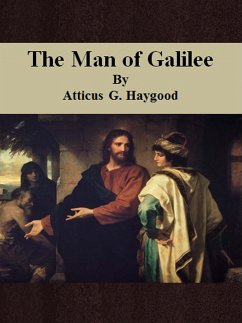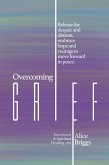WHO and what was Jesus of Nazareth? In this question and its answer is involved the whole of what we mean by Christianity. If it could be demonstrably proved that there never existed such a person as Jesus, Christianity, as a living force, would cease from the earth. There would indeed be a history, a literature that would interest people according to their tastes; but there would be no heart-changing, world-up-lifting system of vital and vitalizing truths and corresponding duties, binding upon the conscience of every human being and inspiring hope in every breast.









